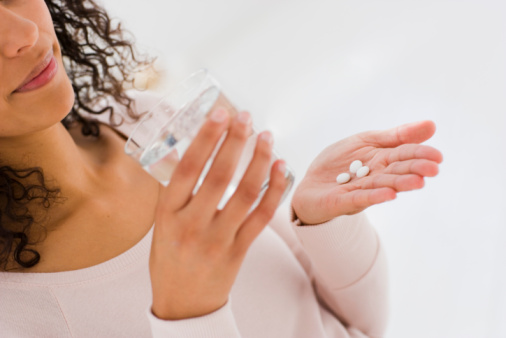
Also called stools, are body wastes passed through the rectum and anus. Stools contain what is left after your digestive system absorbs nutrients and fluids from what you eat and drink.
If your body does not absorb the fluids, or if your digestive system produces extra fluids, stools will be loose and watery.
contain more water, salts, and minerals and weigh more than solid stools.
Diarrhea that lasts a short time is called acute diarrhea. Acute diarrhea is a common problem and usually lasts only 1 or 2 days, but it may last longer.
Diarrhea that lasts for at least 4 weeks is called chronic diarrhea. Chronic diarrhea symptoms may be continual or they may come and go.
✦ bacteria from contaminated food or water
✦ viruses that cause illnesses such as the flu
✦ parasites, which are tiny organisms found in contaminated food or water
✦ medicines such as antibiotics
✦ problems digesting certain foods
✦ diseases that affect the stomach, small intestine, or colon, such as Crohn’s disease
✦ problems with how the colon functions, caused by disorders such as irritable bowel syndrome

Sometimes no cause can be found. As long as diarrhea goes away within 1 to 2 days, finding the cause is not usually necessary.
In addition to passing frequent, loose stools, other possible symptoms include
✦ cramps or pain in the abdomen—the area between the chest and hips
✦ an urgent need to use the bathroom
✦ loss of bowel control
Feeling sick to your stomach or becoming dehydrated may be a cause of a virus or bacteria in your system and may develop into a fever with chills and bloody stools.
Being dehydrated means your body does not have enough fluid to work properly. Every time you have a bowel movement, you lose fluids.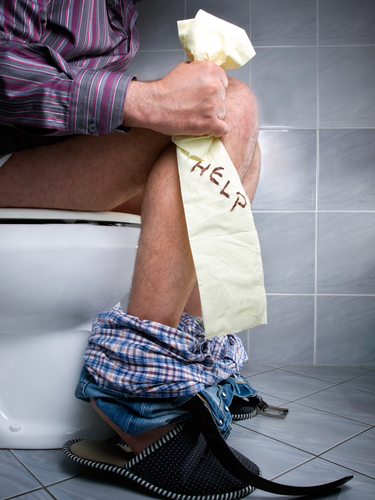
Diarrhea causes you to lose even more fluids.
You also lose salts and minerals such as sodium, chloride, and potassium. These salts and minerals affect the amount of water that stays in your body.
Dehydration can be serious, especially for children, older adults, and people with weakened immune systems.
⚈ being thirsty
⚈ urinating less often than usual
⚈ having dark-colored urine
⚈ having dry skin
⚈ feeling tired
⚈ feeling dizzy or fainting
⚈ having a dry mouth and tongue
⚈ crying without tears
⚈ having no wet diapers for 3 hours or more
⚈ having sunken eyes, cheeks, or soft spot in the skull
⚈ having a high fever
⚈ being more cranky or drowsy than usual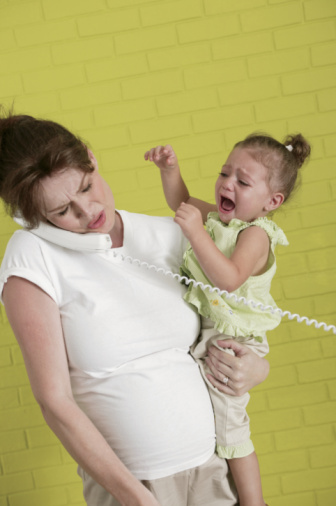
Also, when people are dehydrated, their skin does not flatten back to normal right away after being gently pinched and released. Try this pinch test on the back of one of your relaxed hands. Are you dehydrated?
⚈ most of the signs of dehydration are present
⚈ diarrhea for more than 2 days that is not improving
⚈ severe pain in your abdomen or rectum
⚈ a fever of 102 degrees or higher
⚈ stools containing blood or pus
⚈ stools that are black and tarry
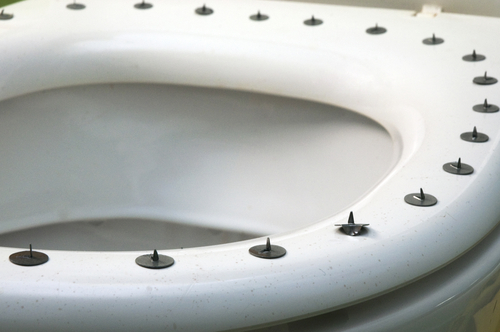
Diarrhea is treated by replacing lost fluids, salts, and minerals to prevent dehydration. (eating, diet, and nutrition)
The major concern with diarrhea is dehydration.
Your body can lose a lot of fluids and salts when you have very loose, watery stools, and it is important to replenish them.
Select sports drinks served at room temperature.
What makes this work is the sugar and salt concentration and contents, both of which cause water to be absorbed, and even more so when taken together.
People can make their own sports drinks by adding a teaspoon of salt to a quart of apple juice.
The amount of salt will help the body absorb fluids but is not enough to make the apple juice taste bad. Sip other good fluid options like coconut water.
Some other good choices for treating diarrhea include clear broth and water (unless you are traveling out of the country).
Caffeinated, alcoholic, and sugary drinks can worsen dehydration.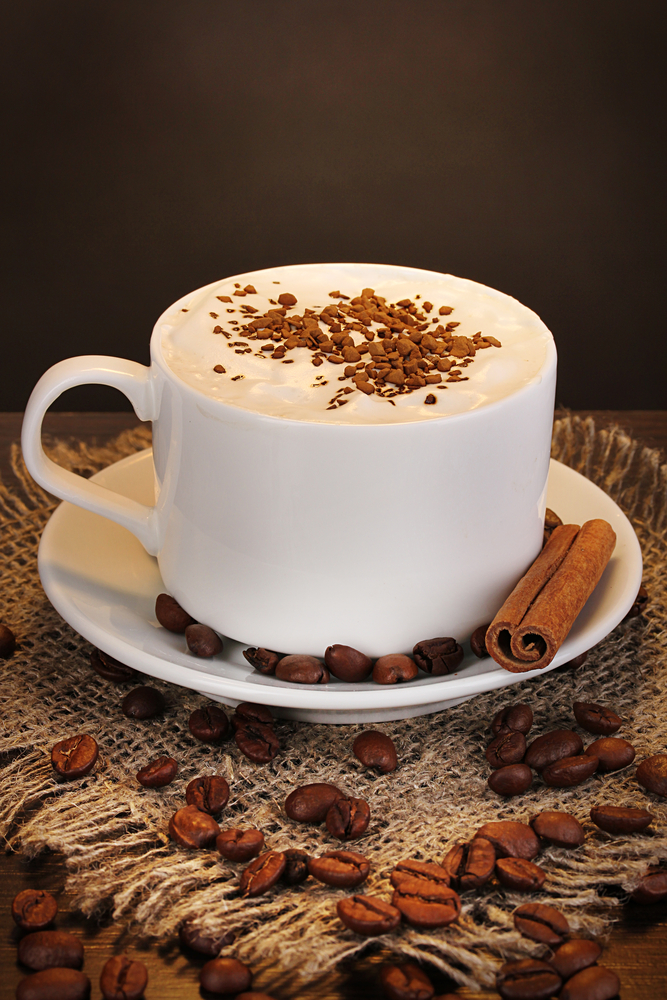
Milk and other dairy products can exacerbate the problem for some people, who may become lactose-intolerant for a short time after getting diarrhea.
When dealing with a brief bout of diarrhea, you want to watch your diet and keep it bland.
You may not want to eat anything but clear liquids for the first 24 hours.
Then, you can slowly add bland foods to your diet.
These include bananas, rice, applesauce, and toast — otherwise known as the BRAT diet. Crackers and mashed potatoes (minus the butter) are also safe, bland foods.
If your diarrhea is more prolonged, you might want to investigate the foods you are eating, as some can irritate your bowel and make diarrhea worse.
These include foods that are high in fiber (bran, whole grains, brown rice) and greasy (meats, chips, fries or buttery foods) or excessively sweet foods (pastries and candies).
Foods that are sweetened with sorbitol can aggravate diarrhea. If loose stools have become a problem, then you may want to avoid these foods.
It is important to drink plenty of water, but you also need to drink fluids that contain sodium, chloride, and potassium.
⚈ Adults should drink water, fruit juices, sports drinks, sodas without caffeine, and salty broths.
⚈ Children should drink oral rehydration solutions—special drinks that contain salts and minerals to prevent dehydration.
These drinks include Pedialyte, Naturalyte, Infalyte, and CeraLyte. These drinks are sold in most grocery stores and drugstores.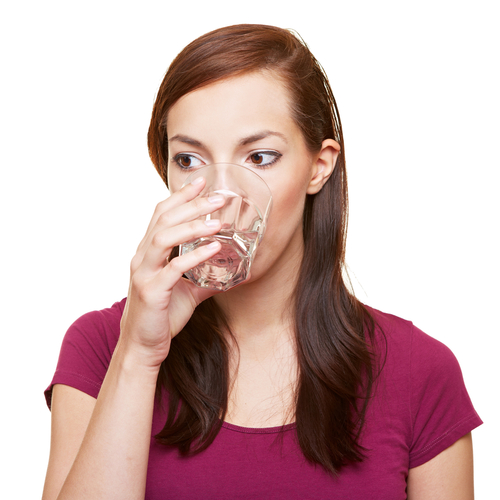
⚝ bananas
⚝ plain rice
⚝ boiled potatoes
⚝ toast
⚝ crackers
⚝ cooked carrots
⚝ baked chicken without the skin or fat
Once diarrhea stops, you can go back to eating your regular foods.
✦ drinks with caffeine, such as coffee and cola
✦ high-fat or greasy foods, such as fried foods
✦ foods with a lot of fiber, such as citrus fruits
✦ sweet foods, such as cakes and cookies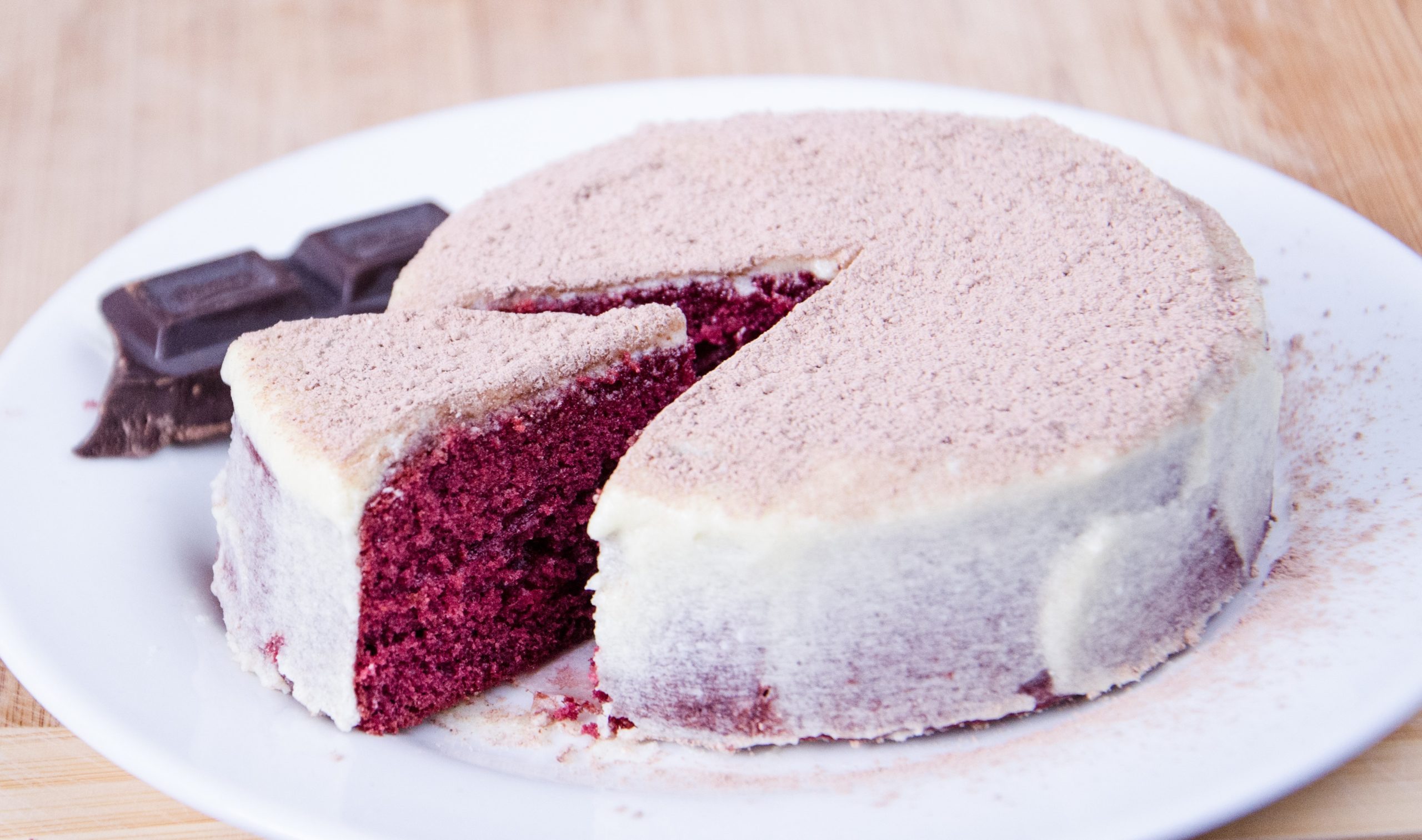
During or after an episode of diarrhea, some people have trouble digesting lactose, the sugar in milk and milk products.
Eating yogurt with active, live bacterial cultures may even help you feel better faster.

When babies have diarrhea, continue breastfeeding or formula feeding as usual.
After you have had diarrhea caused by a virus, problems digesting lactose may last up to 4 to 6 weeks.
You may have diarrhea for a short time after you eat or drink milk or milk products.
People may develop traveler’s diarrhea while visiting developing areas of the world such as Latin America, Africa, and southern Asia.
✦ Do not drink tap water, use tap water to brush your teeth, or use ice cubes made from tap water.
✦Do not eat or drink unpasteurized milk or milk products.
✦ Do not eat raw fruits and vegetables unless they can be peeled and you peel them yourself.
✦ Do not eat raw or rare meat and fish.
✦ Do not eat meat or shellfish that is not hot when served to you.
✦ Do not eat food sold by street vendors.
You can drink bottled water, carbonated soft drinks, and hot drinks such as coffee and tea.
Before traveling outside the United States, talk with your healthcare provider.
Your health care provider may suggest taking medicine with you.
In some cases, taking antibiotics before traveling can help prevent traveler’s diarrhea. And early treatment with antibiotics can shorten an episode of traveler’s diarrhea.
Dehydration can be serious, especially for children, older adults, and people with weakened immune systems.
If you have signs of dehydration, diarrhea for more than 2 days, severe pain in your abdomen or rectum, a fever of 102 degrees or higher, stools containing blood or pus, or stools that are black and tarry.
If your child has signs of dehydration, diarrhea for more than 24 hours, a fever of 102 degrees or higher, stools containing blood or pus, or stools that are black and tarry.
Healthcare physicians will most likely suggest and prescribe taking medicine to stop diarrhea and this can be helpful in some cases.
Medicines that can be bought over the counter without a prescription include loperamide (Imodium) and bismuth subsalicylate (Pepto-Bismol, Kaopectate).
Side effects and extra caution is always present when taking medicine, so read labels and instructions carefully and stop taking these medicines if symptoms get worse or if the diarrhea lasts more than 2 days.
If you have bloody diarrhea, you should not use over-the-counter diarrhea medicines. These medicines may make diarrhea last longer. The health care provider will most likely prescribe antibiotics instead.
Over-the-counter medicines for diarrhea may be dangerous for babies and children. Talk with the health care provider before giving any such medications to your child(ren).
But some people can have diarrhea that lasts much longer, due to underlying health conditions.
But did you know that although it does not usually affect healthy people, healthy people can still spread the infection if they do not wash their hands properly?
But except in a few cases where you should see your doctor (pregnant or diarrhea that lasts for more than a few days that is not improving), you can most likely treat diarrhea at home with easy remedies.
But colon cleansing regimens often contain large amounts of laxatives that can lead to severe diarrhea and dehydration. They are generally not recommended unless you need to clean out your bowel before a surgery or medical test.
